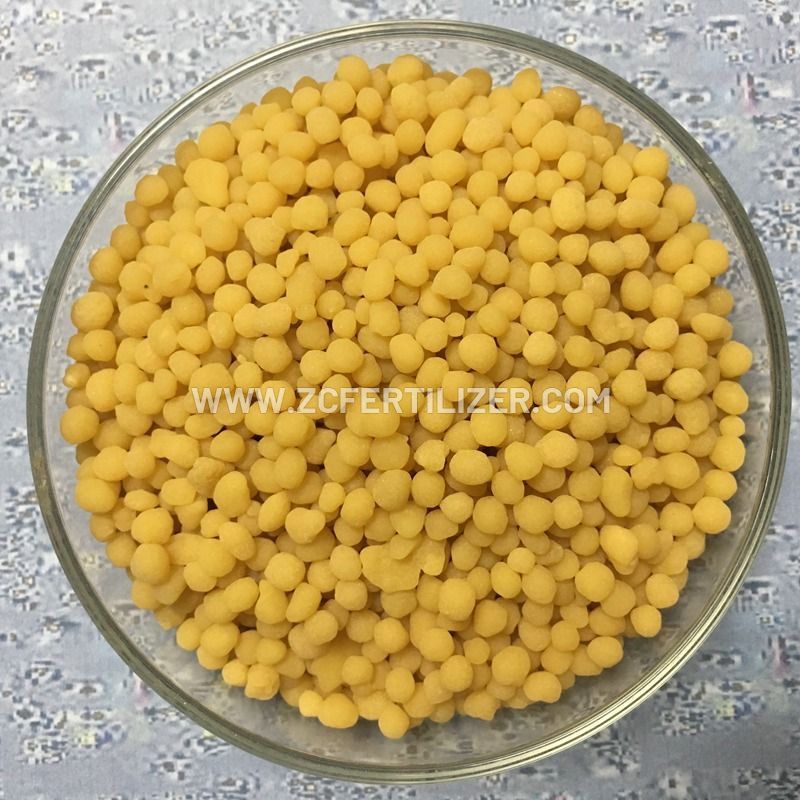Frequently Asked 10 Questions About Diammonium Phosphate (DAP)
Diammonium Phosphate (DAP) is a widely used and versatile fertilizer in the world of agriculture. It is a key source of both nitrogen and phosphorus, two essential nutrients that are vital for plant growth and crop development. As such, there are often numerous questions surrounding DAP, its composition, application, and benefits. In this article, we'll address ten frequently asked questions about Diammonium Phosphate.
1. What is Diammonium Phosphate (DAP)?
Diammonium Phosphate, commonly referred to as DAP, is a chemical compound with the molecular formula (NH4)2HPO4. It consists of two ammonia molecules (NH4) and one phosphate molecule (HPO4). This composition makes it a valuable fertilizer in agriculture.
2. What Is the Nutrient Content of DAP?
DAP typically contains approximately 18% nitrogen (N) and 46% phosphorus pentoxide (P2O5). These nutrient percentages make DAP a balanced fertilizer that provides plants with both nitrogen and phosphorus, which are crucial for their growth and development.
3. How Is DAP Used in Agriculture?
DAP is primarily used as a fertilizer to supply essential nutrients, nitrogen, and phosphorus, to crops. It can be applied to a wide range of crops, including grains, vegetables, fruits, and more. DAP provides these nutrients in a form that is readily available for plant uptake.
4. What Are the Benefits of Using DAP?
The use of DAP in agriculture offers several benefits:
Balanced Nutrition: DAP provides a balanced combination of nitrogen and phosphorus, which are essential for various plant functions, including photosynthesis, root development, and energy transfer.
Improved Crop Yield: By supplying plants with the necessary nutrients, DAP promotes healthy growth and can significantly increase crop yields.
Cost-Effective: DAP is cost-effective and widely available, making it a popular choice among farmers and agricultural professionals.

5. Can DAP Be Used as a Starter Fertilizer?
Yes, DAP is commonly used as a starter fertilizer, particularly for crops like corn. As a starter fertilizer, DAP helps provide the essential nutrients needed for early plant growth and root development. The high phosphorus content in DAP is particularly beneficial at this stage.
6. What Are the Application Methods for DAP?
DAP can be applied using various methods, depending on the specific crop, soil type, and local practices. Common application methods include:
Broadcast Spreading: DAP is spread evenly across the field's surface using spreaders or equipment.
Side-Dressing: In this method, DAP is applied directly to the soil near the base of the growing plants.
Fertigation: DAP can be dissolved in water and applied through irrigation systems, ensuring even distribution.
The choice of application method depends on factors such as the crop being grown and the availability of equipment.
7. Is DAP Suitable for All Soil Types?
DAP is versatile and can be used on various soil types. It is particularly beneficial for soils that are deficient in both nitrogen and phosphorus. Soil testing is recommended to determine the specific nutrient needs of a given field.
8. Are There Any Precautions When Using DAP?
While DAP is a valuable fertilizer, it's essential to follow recommended application rates and safety guidelines when handling it. Over-application can lead to nutrient imbalances in the soil or environmental concerns. Proper storage is also crucial to prevent moisture absorption and caking.
9. What Is the Shelf Life of DAP?
DAP has a long shelf life when stored in appropriate conditions. It should be kept in a cool, dry place to prevent moisture absorption and caking. When stored correctly, DAP can maintain its nutrient content for an extended period.
10. Are There Any Environmental Considerations?
When using DAP, it's important to consider environmental factors. Overuse or improper application of fertilizers can lead to nutrient runoff into water bodies, which can contribute to water pollution and ecosystem disruptions. It's essential for farmers to practice responsible fertilizer management and follow local regulations to minimize environmental impact.
In conclusion, Diammonium Phosphate (DAP) is a valuable fertilizer in agriculture, providing essential nutrients to promote plant growth and increase crop yields. Its balanced composition of nitrogen and phosphorus makes it a versatile choice for various crops and soil types. Proper handling, application, and environmental considerations are essential when using DAP to maximize its benefits while minimizing potential drawbacks.
197
0
0
All Comments (0)
Previous: 30 Frequently Asked Questions And Answers About Garden Fertilizer
Next: Frequently Asked Questions about GFS Agricultural Water Storage Tanks
If you are interested in sending in a Guest Blogger Submission,welcome to write for us!




Comments